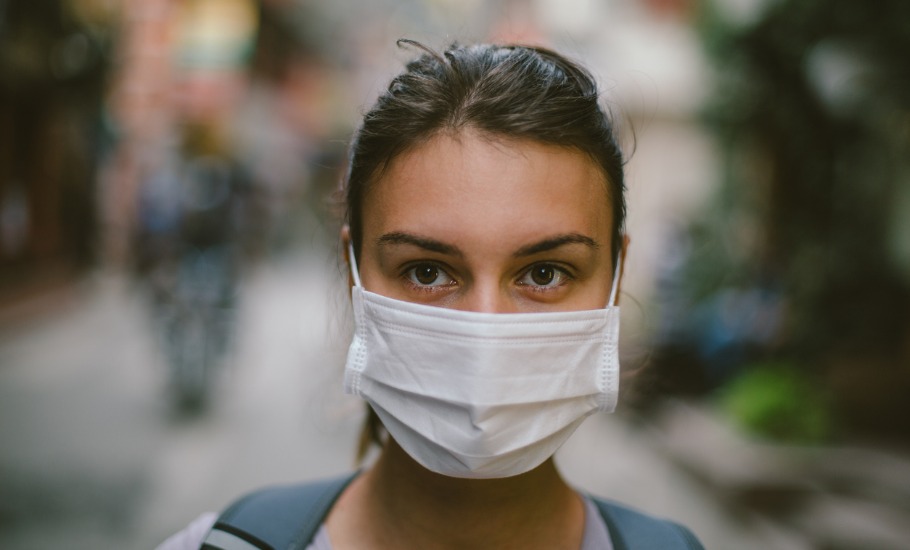
Common surgical masks good for most COVID-19 treatment: Study
Amid reports of the COVID-19 remaining infectious on face masks for up to a week putting people in panic mode, another study claimed that N95 masks can prevent people from inhaling at least 95 percent of very small airborne particles.

Several studies and researchers have suggested the use of the N95 respirator masks to prevent the spread of the highly contagious coronavirus which has brought the entire word to a standstill.
However, amid reports of the COVID-19 remaining infectious on face masks for up to a week putting people in panic mode, another study claimed that N95 masks can prevent people from inhaling at least 95 percent of very small airborne particles.
The research, published in the journal Influenza and Other Respiratory Viruses suggested that these masks should be preserved for health-care workers involved in inserting breathing tubes for patients with COVID-19.
The study noted that more common medical masks are fine for all other COVID-19 treatment.
In the study, scientists, including those from McMaster University in Canada, conducted a systematic review of four clinical trials on masks done between 1990 and last month.
Related news: Coronavirus lasts on face masks for a week, currency for days: Study
While their analysis showed that the use of medical masks did not increase viral respiratory infection, or clinical respiratory illness, they said N95 respirators, designed to fit tight and prevent inhalation of small airborne particles, are best for clinicians and healthcare workers carrying out bronchoscopy on patients.
These are medical procedures when health-care professionals must insert a tube through a patients throat, the scientists explained.
“There is not convincing evidence that the loose-fitting medical masks are inferior to N95 respirators in protecting healthcare workers against viral respiratory infections during routine care during the pandemic,” said Mark Loeb, a professor of pathology and molecular medicine from McMaster University.
“But the N95 respirators are unanimously recommended by national and international guidelines for aerosol generating procedures,” Loeb said.
The researchers believe that this is an important distinction at a time when there is a serous concern about a shortage of N95 respirators because of COVID-19 with conflicting recommendations on the use of the these masks.
Related news: Anti-parasitic drug kills COVID in 48 hours in lab-grown cells: Study
While the US Centers for Disease Control and Prevention and the European Centre for Disease and Prevention preferentially recommend the N95 respirator for routine care of patients with COVID-19, the World Health Organization (WHO) and Canadian Public Health Agency recommend medical masks.
“Although COVID-19 transmission is not fully understood, its believed to be mainly through respiratory droplets, and the medical masks provide barrier protection for that, and prevent hand to face contact,” the scientists explained.
According to Jessica Bartoszko, first author of the current study, the findings support the relative effectiveness of medical masks compared to N95 respirators in routine care.
Bartoszko believes the findings might help preserve stockpiles of N95 respirators for high-risk, aerosol generating procedures.
(With inputs from agencies)

